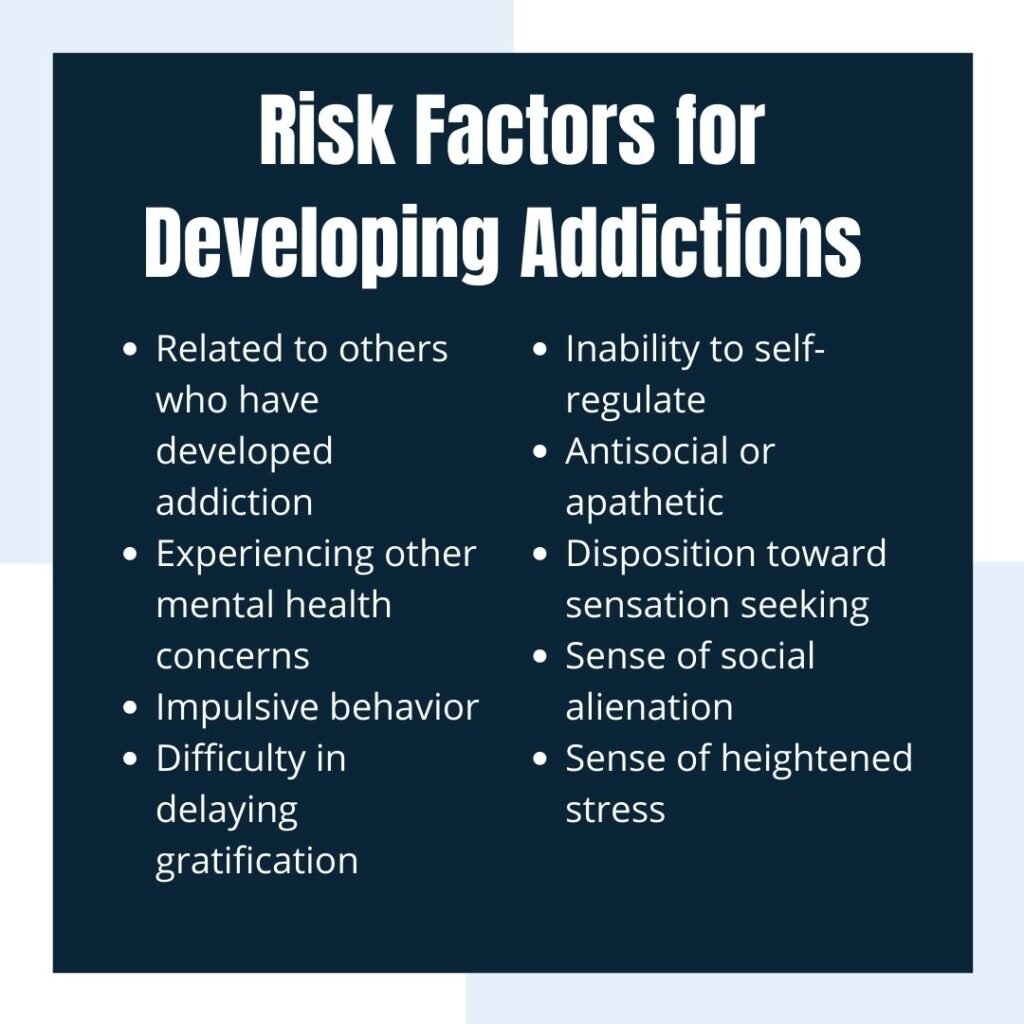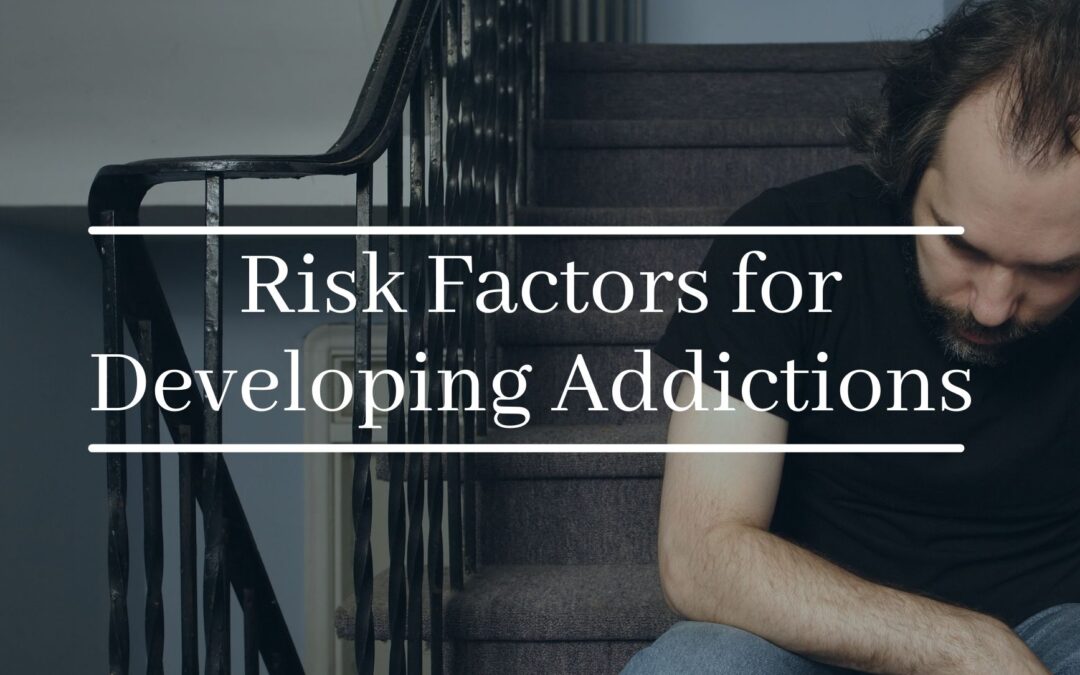In the last decade alone, the number of times the term “addictive personality” has been casually thrown about is impressive. It has become an addiction-concern loadstone for many individuals and impacted families. If one types into a search bar the question ‘Do I have an addictive personality?’, a slurry of quizzes pop up, ready to tell you whether or not you are the bearer of this particular personality.

The term addictive personality persists as an unrecognized designation, and the controversy over its hypothesizing continues to remain relevant in conversations centered on addiction. The complexity of personality – what makes each of us who we are – negates the effectiveness of a ten bullet quiz adequately defining any one person, let alone a whole group of people.
The folly of this sort of thinking is that it moves the oneness away from explaining addiction and reinforces the prevailing misconceptions surrounding addiction. This misinformation often leads to the further stigmatization of those who suffer and hinders recovery.
The truth is that there isn’t one single personality that develops addictions. We are all dynamic and diverse individuals, and creating these types of narrow margins to define those who fit a profile can become yet another impediment in the path to recovery. The idea that if you don’t believe yourself to have an addictive personality that you won’t fall prey to addiction is a very slippery slope. The reality is that there is no single personality that predetermines addiction. There are, however, common factors that contribute to its development.
Genetics
A great many studies have provided credence to our genetic backgrounds contributing to the risk of developing addictions. In one study published in Nature, certain portions of the human genome were identified as having a direct connection to specific addictions. Yet genetics alone give no guarantee in the potential development of addiction. The big picture is far more complex than that.
Self-Medication
In the case of individuals who are suffering from other mental health concerns, addictions can sometimes arrive due to a phenomenon known as self-medication. Individuals suffering from anxiety, depression, or another mental condition may use drugs or alcohol as a means to manage the symptoms associated with their mental health struggles. For instance, nicotine has been shown to temporarily lessen some of the symptoms related to schizophrenia according to one study found in Brain Facts. Though the idea of a temporary relief can be quite appealing when in the middle of mental health struggles, the benefits of using are short lived and the effects fleeting. Self-medication is a common reason for substance abuse that can easily turn into addiction.
Chemistry
Brian chemistry plays a very big role in how we process the world. According to a study in Reuters, individuals with high levels of dopamine may have a lower sensitivity to its effects, resulting in a need to have more intense experiences in order to feel the associated pleasure derived from them. Thus, giving credence to similar necessities in the use of substances which directly affect the dopamine system.
Compulsion
Compulsion is a big part of the difficulty in ceasing the use of substances. The habit that has been created over time can be one of the more difficult obstacles in the way of recovery. People prone to habitual behaviors can be just as likely to develop addictions as those who struggle with impulse control.
The commonality between all of these factors is a struggle to regulate behaviors, emotions, and thoughts. Regulation is the key in moderating the use of addictive substances. Studies are starting to show a connection between the inability to regulate behavior surrounding the anticipation of receiving rewards as a strong contributor in the development of addiction.
The list of contributing factors is by no means exhaustive, nor is it a definitive recipe for the development of addiction, but it is a place to start. If you, or a loved one are concerned about addiction do not wait. Seek out professional care and arm yourself with the tools and understanding to navigate the landscape of risk factors surrounding addiction development. Reach out now for support and start the road to recovery today.
Addiction does not have to define the person who suffers beneath its weight. With continuous support and the building of community connections, you can help write a different ending to your own story of addiction. There is hope. Take the first step.
Resources
https://americanaddictioncenters.org/the-addiction-cycle/traits-of-an-addictive-personality
https://www.healthline.com/health/addictive-personality-traits#harmful-effects
https://www.niaaa.nih.gov/publications/brochures-and-fact-sheets/alcohol-facts-and-statistics
https://www.newbeginningsdrugrehab.org/something-else/misconceptions-about-addiction/
https://www.nytimes.com/1983/01/18/science/the-addictive-personality-common-traits-are-found.html
https://www.webmd.com/mental-health/addiction/features/do-you-have-addictive-personality#1
https://www.sciencedirect.com/science/article/pii/S1476179306001285
https://www.nature.com/nrg/journal/v10/n4/abs/nrg2536.html
https://www.helpguide.org/articles/addictions/self-medicating.htm
https://www.reuters.com/article/us-dopamine-idUSTRE6105RE20100201
